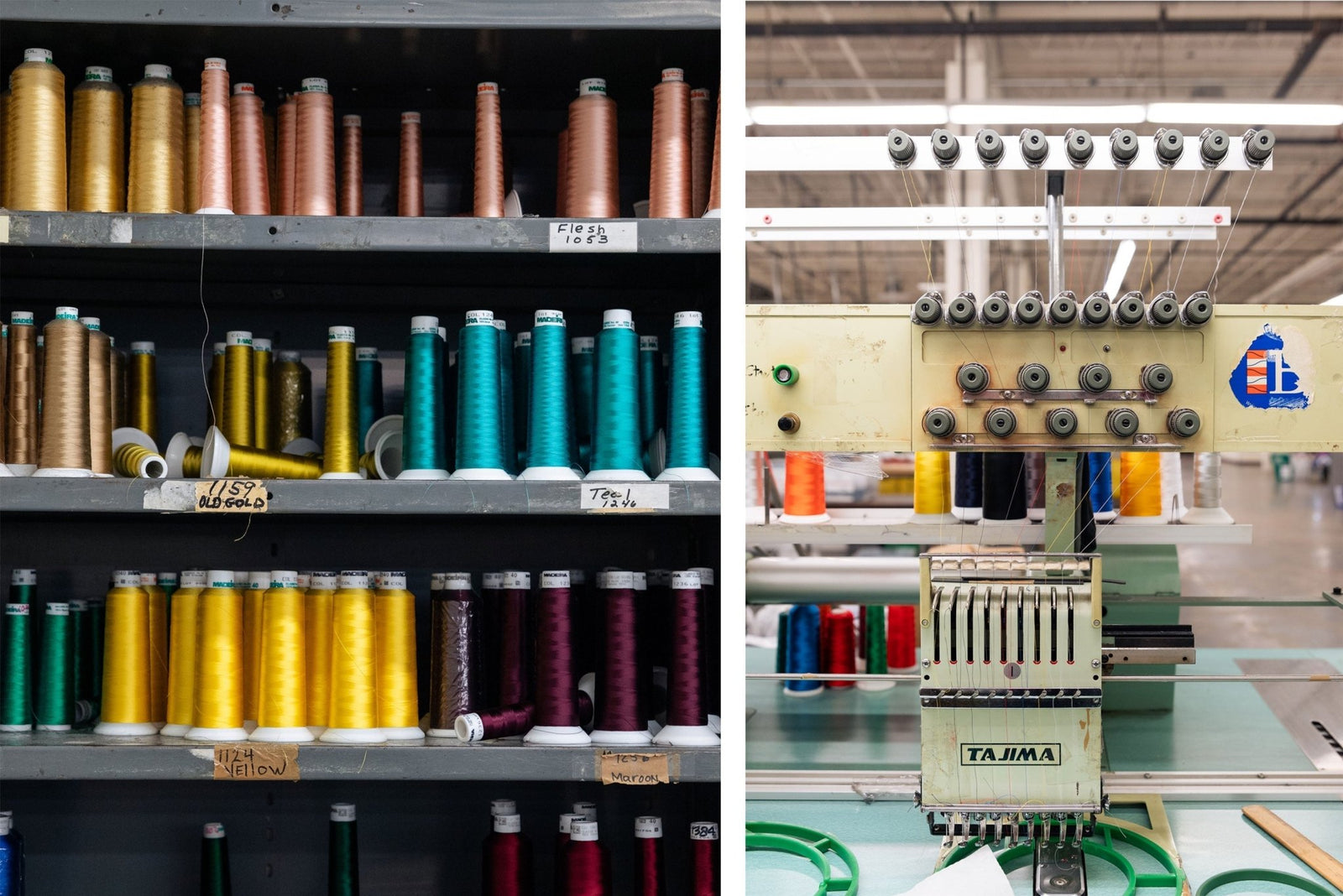Currently we are stocking Yemen Mocca Sanani in our shop. This is one of my favorite beans so I thought it fitting to start with this one. Evan Collier from Flat Black Coffee wrote a wonderful blog discussing why this coffee is so special.
"Here in the good old USA, we value efficiency. We want our food fast and fresh. We relish cutting out the middleman. We employ machines if they can give us the edge. In our factories, management conducts time studies to measure how long a given repetitive motion should take. Our corporate lawyers log their day by 6 minutes increments. We love efficiency. But in Yemen, there exists a different set of values. The process by which the bean works its way to your cup is anything but efficient. The Yemeni people know this but do not care. To them it would seem immoral to cut out the intricate series of middlemen or mechanize the sorting process. The coffee you are enjoying is not the product of an efficient coop or estate. It is the product of ancient rootstock growing organically in the backyards of 1000s of farmers surrounding the city of Sana’a (pronounced “sauna”). It probably came down the mountain on the back of a mule from altitudes ranging from 2000-2300 meters. The yield is not that good--who can afford irrigation or fertilizer and pesticides? Once down the mountain it enters an intricate system of middlemen, where it can change hands many times before it is finally it is processed in Sana’a and graded by the exporter (in the case of our Yemen coffee, that would be Ali Muslot and sons).
By this point, you might have connected this inefficient journey to the fact that Yemen is by far the most expensive coffee we offer. If you made this connection, you’d be right: Yemeni coffee consistently demands some of the highest prices in the coffee market. You might also be thinking: there must be a better way! Well, there is certainly a more efficient way, but at what cost? Is it possible to get better quality Yemeni coffee for better prices without rending the fabric of their culture? It would be tough to implement, but there are innovations that could be put into place without running crossways to the traditions of the Yemeni people. For example, studies could be conducted on shade trees that work in a semi-arid environment. Funding could be secured for irrigation. Introducing the exporters to vacuum sealing technology could help withstand the conditions of Hodeida, the port city, where much good coffee is ruined. In his awesome travelogue, Thom Owens of Sweet Marias notes that many of the exporters, such as Ali Muslot, may not even have access to cupping and roasting tools! Once the exporters have been trained to cup their coffee offerings, they could by key in insisting that the middlemen only accepts ripe cherries from the growers. Such innovations could do much to help the quality of the coffee without forcing the efficiencies of capitalism on the birthplace of commercial coffee. Until then, just enjoy that nice, inefficient cup of juicy, spicy, Yemeni goodness."
-Evan Collier, Flat Black Coffee




